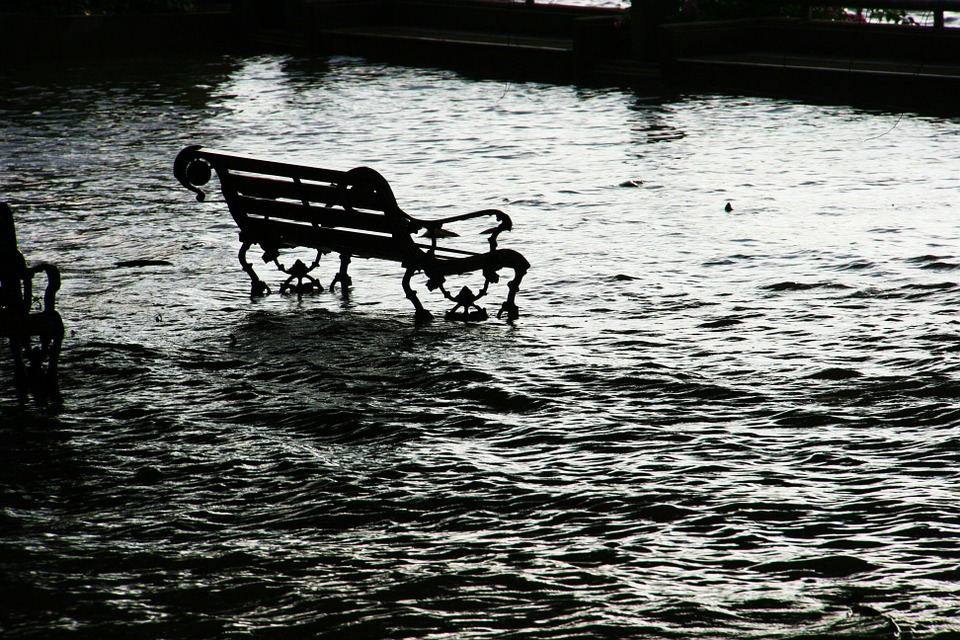Flash Flood Safety Tips

It's a little-known fact that more people in the United States die from flash floods than any other weather condition, including hurricanes and tornadoes. According to FloodSmart.gov, roughly 200 people lose their lives from flash floods each year. While this weather phenomenon is most common in Texas, it can occur in any state. So regardless of where you live, you should follow some basic precautions to protect yourself from injury and death when faced with a flash flood.
Do NOT Drive
If there's a flash flood warning in your area, stay off the roads. An estimated 74% of all flash flood-related fatalities involve vehicles. Some people may attempt to evacuate their community when the waters rise, only for flood waters to sweep away their vehicle. When it involves your safety, it's best to err on the side of caution by avoiding driving through flood waters, even if they look shallow.
Stay Away from Fast-Moving Waters
While most flood-related fatalities occur from individuals attempting to drive through the flood waters, the second most common cause of flood fatalities is individuals walking through or near the flood waters. According to the National Weather Service (NWS), 2 feet of fast-moving water is enough to carry away most larger vehicles, while just 12 inches can carry away a small car. But it only takes 6 inches of fast-moving water to knock over an adult.
Stay on High Ground
I know this probably sounds like common sense, but it's still worth mentioning that you should stay on high grounds during severe flash floods. Gravity dictates the direction in which water flows. Therefore, you'll often find rushing flood waters under bridges and overpasses. Avoid these low areas at all costs, keeping to high grounds where there's little-to-no risk of flood-related injury.
Create an Emergency Kit
Of course, it's a good idea to have an emergency kit just in case of flash flood. This kit should include essential survival items like a thermal blanket, flashlight with extra batteries, protein/meal bars, bottled water, bandages, antibiotic ointment, tweezers, etc. Hopefully, you'll never need to use this emergency kit. But just having it on hand will give you peace of mind knowing that you will be safe in emergency situations such as a flash flood.
Listen to the Weather
As with any severe weather condition, you should listen to the local weather. This will give you a better idea of the severity of the flood and when the waters should subside. Hand-cranked weather radios are ideal for occasions such as this, as they don't require batteries to operate. Just crank it for a couple of minutes by turning the handle and it does the rest.
Recent Posts
-
Fire Safety in the Workplace: What You Need to Know
What steps are you taking to prevent fires in your workplace? According to the U.S. Occupational Saf …Aug 23rd 2023 -
Is It Safe to Go Jogging With a Cold Infection?
If you're suffering from a cold infection, you might be wondering whether it's safe to go jogging. T …Aug 22nd 2023 -
5 Safety Tips to Follow When Using a Powder-Actuated Tool
Powder-actuated tools are commonly used to join materials to steel and concrete. Also known as Hilti …Aug 20th 2023



